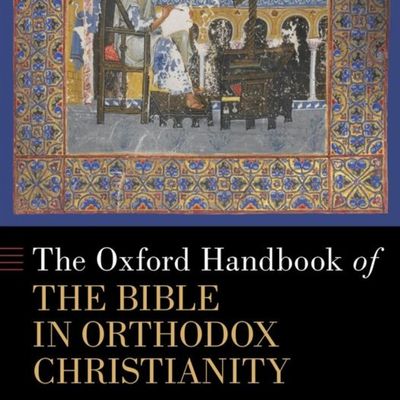The very fire which purifies gold, also consumes wood. Precious metals shine in it like the sun, rubbish burns with black smoke. All are in the same fire of Love. Some shine and others become black and dark. In the same furnace steel shines like the sun, whereas clay turns dark and is hardened like stone. God is a loving fire, and He is a loving fire for all: good and bad. There is, however, a great difference in the way people receive this loving fire of God. The difference is in man, not God.
Dr. Alexandre Kalomiros
The River of Fire, pp. 17 & 19, 20th century
The principle and source of the virtues is a good disposition of the will, that is to say, an aspiration for goodness and beauty. God is the source and ground of all supernal goodness. Thus the principle of goodness and beauty is faith or, rather, it is Christ, the rock of faith, who is principle and foundation of all virtues. On this rock we stand and on this foundation we build every good thing (cf. I Cor. 3:11).
St. Gregory of Sinai
On Commandments and Doctrines no. 83, Philokalia Vol. 3 edited by Palmer, Sherrard and Ware; Faber and Faber pg. 228, 14th century
Christ did not command the winds to cease at that time, but Himself stretched forth His hand and took hold of Peter, because here faith was required of him. When we do not do our part, divine (grace) slows and stands still.. . . it was not the wind that did Peter harm; his lack of faith sank him. Where faith is fruitfu, firm and strong, none of the evils that may befall us can do us any harm.
St. John Chrysostom
The Gospel Commentary edited by Hieromonk German Ciuba, 2002, 4th Century
And then we shall hear Him calling out and saying, Be of good cheer; it is I; be not afraid. This truth is supported by an understanding that the bad and terrible things of the present time are passing; they come and they go; therefore, fear not what is transient and evanescent. It is I, (He says,) meaning, I am ever-existent; as God I am He Who is. Do not betray your faith and your love for Me for the sake of the temporal things of the present.
St. John Chrysostom
The Gospel Commentary edited by Hieromonk German Ciuba, 2002, 4th Century
So absolutely nothing does it avail to be near Christ, if not being near Him by faith .... Signifying therefore that not the assault of the wind, but his want of faith had wrought his overthrow, He said, "Wherefore did you doubt, O you of little faith?"
St. John Chrysostom
Homily 50 on Matthew 14, 4th Century


 Boston— A groundbreaking new text with a foreword by His Eminence Archbishop Elpidophoros of America has been published by Rev. Dr. Eugen J. Pentiuc, the Archbishop Demetrios Professor of Biblical Studies and Christian Origins at Holy Cross Greek Orthodox School of Theology.
Boston— A groundbreaking new text with a foreword by His Eminence Archbishop Elpidophoros of America has been published by Rev. Dr. Eugen J. Pentiuc, the Archbishop Demetrios Professor of Biblical Studies and Christian Origins at Holy Cross Greek Orthodox School of Theology.